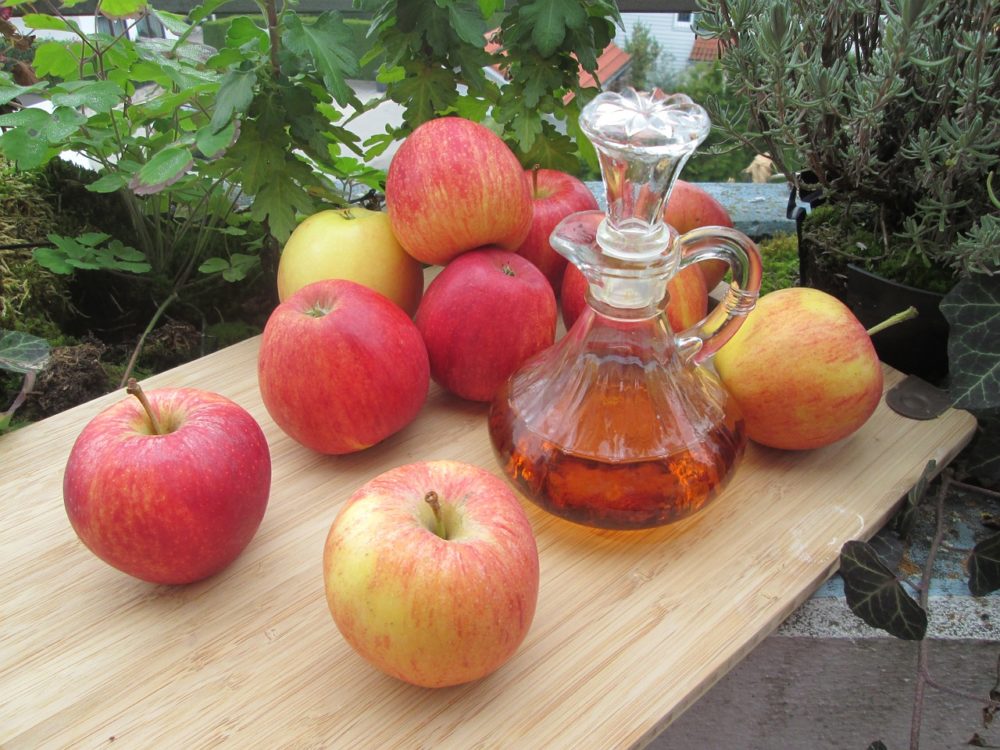What is the benefit of taking Natural Apple Cider Vinegar for high blood pressure?
High blood pressure, also known as hypertension, is a common health problem that affects millions of people worldwide. If left untreated, hypertension can lead to serious health complications such as heart attack, stroke, and kidney failure. While medication is often prescribed to manage high blood pressure, some people are turning to natural remedies like apple cider vinegar to help lower their blood pressure. In this article, we will explore the potential benefits of using apple cider vinegar for high blood pressure and how it can be incorporated into your daily routine.
What is Apple Cider Vinegar?
Apple cider vinegar is a type of vinegar made by fermenting the juice from apples. During the fermentation process, the natural sugars in the apple juice are converted into acetic acid, giving the vinegar its characteristic sour taste and pungent smell. Apple cider vinegar is rich in vitamins and minerals such as potassium, magnesium, and calcium, and it also contains antioxidants and probiotics that offer numerous health benefits.
The Link Between Apple Cider Vinegar and Blood Pressure
Several studies have explored the potential link between apple cider vinegar and blood pressure, and while the results are not conclusive, there is some evidence to suggest that apple cider vinegar may help lower blood pressure in certain individuals.
One study published in the Journal of Functional Foods found that consuming apple cider vinegar for eight weeks significantly lowered blood pressure in rats. Another study published in the journal Bioscience, Biotechnology, and Biochemistry found that consuming apple cider vinegar for 12 weeks led to a decrease in blood pressure in human participants.
How Does Apple Cider Vinegar Lower Blood Pressure?
The exact mechanism by which apple cider vinegar lowers blood pressure is not fully understood, but researchers believe that it may be due to its high potassium content. Potassium is a mineral that helps to relax the walls of blood vessels, allowing blood to flow more freely and reducing the strain on the heart.
In addition to its potassium content, apple cider vinegar may also help to lower blood pressure by reducing the levels of renin in the body. Renin is an enzyme that helps to regulate blood pressure, but when its levels are too high, it can lead to hypertension. Some studies have found that consuming apple cider vinegar can lower the levels of renin in the body, which may contribute to its blood pressure-lowering effects.
How to Incorporate Apple Cider Vinegar Into Your Diet
If you are interested in using apple cider vinegar to help manage your blood pressure, there are several ways you can incorporate it into your diet. Here are a few ideas:
- Add a tablespoon of apple cider vinegar to a glass of water and drink it before meals.
- Use apple cider vinegar as a salad dressing by mixing it with olive oil and a dash of honey.
- Add a tablespoon of apple cider vinegar to your morning smoothie for an extra health boost.
- Use apple cider vinegar in marinades for meat or vegetables.
It is important to note that while apple cider vinegar is generally safe for most people, it can cause side effects in some individuals. These side effects may include nausea, heartburn, and indigestion. It is also important to speak with your healthcare provider before using apple cider vinegar to manage your blood pressure, especially if you are taking medication or have any underlying health conditions.
The Bottom Line
Apple cider vinegar is a natural remedy that may offer some benefits for individuals with high blood pressure. While the research on ACV and blood pressure is not yet conclusive, some studies suggest that consuming apple cider vinegar may help to lower blood pressure by relaxing blood vessels and reducing the levels of renin in the body. If you are interested in using apple cider vinegar to manage your blood pressure, be sure to speak with your healthcare provider and incorporate it into your diet in a safe and healthy way.
In addition to incorporating apple cider vinegar into your diet, it is also important to make lifestyle changes that can help to lower your blood pressure. These may include:
- Maintaining a healthy weight: Being overweight or obese can increase your risk of developing hypertension, so it is important to maintain a healthy weight through a balanced diet and regular exercise.
- Eating a healthy diet: A diet rich in fruits, vegetables, whole grains, and lean protein can help to lower blood pressure and reduce your risk of heart disease.
- Exercising regularly: Regular exercise can help to lower blood pressure and improve overall health. Aim for at least 30 minutes of moderate-intensity exercise most days of the week.
- Limiting sodium intake: Consuming too much sodium can increase blood pressure, so it is important to limit your intake to no more than 2,300 milligrams per day.
- Limiting alcohol consumption: Drinking too much alcohol can raise blood pressure, so it is important to limit your intake to no more than one drink per day for women and two drinks per day for men.
